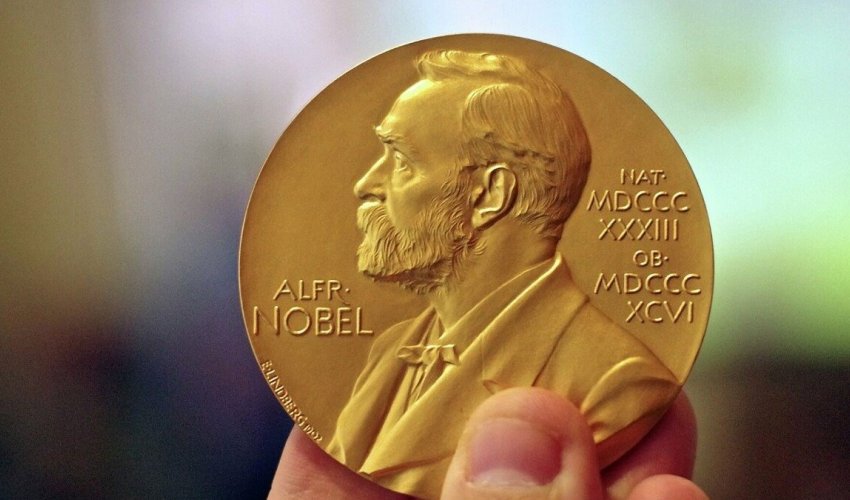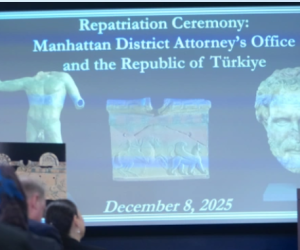Nobel Prize in Physics 2025 awarded to U.S. scientists John Clarke, Michel Devoret, and John Martinis

The 2025 Nobel Prize in Physics has been awarded to American scientists John Clarke, Michel Devoret, and John Martinis.
In 2024, the Physics Nobel went to John Hopfield (Princeton University, USA) and Geoffrey Hinton (University of Geoffrey Hinton, Canada) “for their foundational discoveries and inventions in machine learning and neural networks.” Hopfield developed the “associative memory” model, capable of storing and reconstructing patterns in data, while Hinton invented a method for autonomously identifying features in data and recognizing specific elements in images.
The Nobel Prize in Physics has been awarded since 1901, with exceptions in 1916, 1931, 1934, and 1940–1942. The first laureate was Wilhelm Röntgen.
To date, 226 scientists have received the award, often shared by several laureates. John Bardeen remains the only physicist to have won twice — in 1956 and 1972.
Only five women have received the Nobel Prize in Physics: Marie Curie (1903), Maria Goeppert-Mayer (1963), Donna Strickland (2018), Andrea Ghez (2020), and Anne L’Huillier (2023).
The majority of laureates — 97 — are from the United States.
The 2025 Nobel Week began on October 6 with the announcement of the Medicine Prize, awarded to Mary Brunko, Fred Ramsdell, and Shimon Samaguchi for discoveries related to peripheral immune tolerance.
The Chemistry laureate will be announced on October 8, the Literature laureate on October 9, and the Nobel Peace Prize winner on October 10.




































 Photo
Photo 



 Video
Video 

